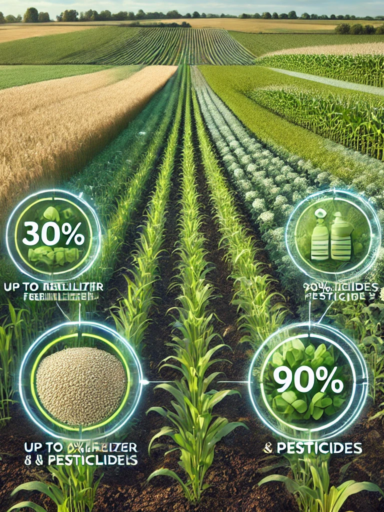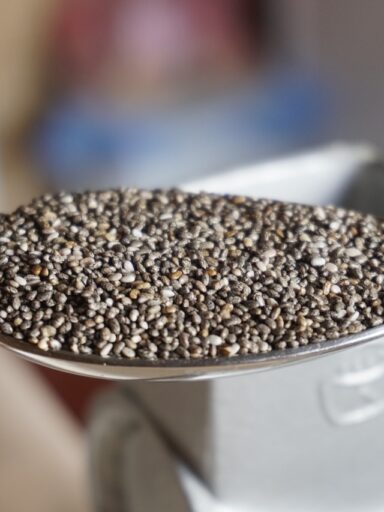Sweet potatoes are not just delicious and possibly the best vegetable out there, they are also amazing in terms of their nutritional content. This root vegetable’s health benefits come from its complex composition of carbohydrates, vitamins, minerals, and phytochemicals. When you take a closer look at them, they’re pretty sweet!
Carbohydrate Structure and Digestibility
Sweet potatoes are primarily made up of complex carbohydrates [hyperlink carbs post], which include starch, fiber, and small amounts of sugars such as glucose, fructose, and sucrose (they’re all just types of sugar, fructose as the name suggests is sugar found in fruit). The starch in sweet potatoes consists of amylose and amylopectin. Amylose is a linear molecule that digests slowly, contributing to the vegetable’s low glycemic index, meaning it causes a slower rise in blood glucose levels. Amylopectin, on the other hand, has a branched structure that facilitates quicker digestion and energy release.
The dietary fiber in sweet potatoes, which includes both soluble and insoluble forms [hyperlink post of fiber], helps with digestive health and helps regulate blood sugar levels. Soluble fiber forms a gel-like substance in the gut, which slows down the digestion and absorption processes, while insoluble fiber adds bulk to stool and facilitates bowel regularity.
Vitamins
Sweet potatoes are exceptionally high in beta-carotene, a precursor to vitamin A, which is important for maintaining healthy vision, immune function, and skin health. The bioconversion of beta-carotene to retinol (active vitamin A) involves enzymatic reactions that occur in the intestinal mucosa. This process is influenced by the overall nutritional status and the presence of dietary fats, which enhance the solubility and absorption of this fat-soluble vitamin.
They also contain significant amounts of vitamin C, which acts as an antioxidant. Vitamin C is involved in the synthesis of collagen, which is essential for skin, blood vessels, and bone health. Sweet potatoes also offer vitamin E and several B vitamins including B6 (pyridoxine), which is important for neurotransmitter synthesis and metabolic processes.
Mineral Content and Functionality
Sweet potatoes provide a wide range of minerals such as manganese, copper, and iron. Manganese is a cofactor for various enzymes including manganese superoxide dismutase, an antioxidant enzyme. Copper is involved in the functions of lysyl oxidase, an enzyme necessary for the cross-linking of collagen and elastin, both of which are importang for maintaining the structural integrity of connective tissues. Iron in sweet potatoes is critical for the formation of hemoglobin and myoglobin, which are essential for oxygen transport and muscle metabolism respectively.
Phytochemicals and Antioxidant Activity
Phytochemicals in sweet potatoes, such as anthocyanins (in purple sweet potatoes) and other flavonoids, contribute to their antioxidant properties. Anthocyanins are water-soluble pigments that help in neutralizing free radicals, thus protecting cells from oxidative stress and associated pathologies such as cardiovascular diseases and cancer. The mechanism involves the donation of hydrogen atoms to free radicals, stabilizing them and preventing cell damage.
Sweet potatoes also contain chlorogenic acid, one of the most abundant polyphenols, which has been shown to help in modulating glucose metabolism. Its role in inhibiting enzymes like alpha-glucosidase and amylase helps in the slow release of glucose into the bloodstream, thus managing postprandial blood sugar spikes. This can vary from person to person though, because what causes large spikes in blood sugar for one might not have the same effect on another person.
Sweet potatoes are more than just a-peeling to your taste buds, they’re rich in antioxidants, vitamins, and minerals, they offer a LOT of health benefits from improved vision to better digestion.




